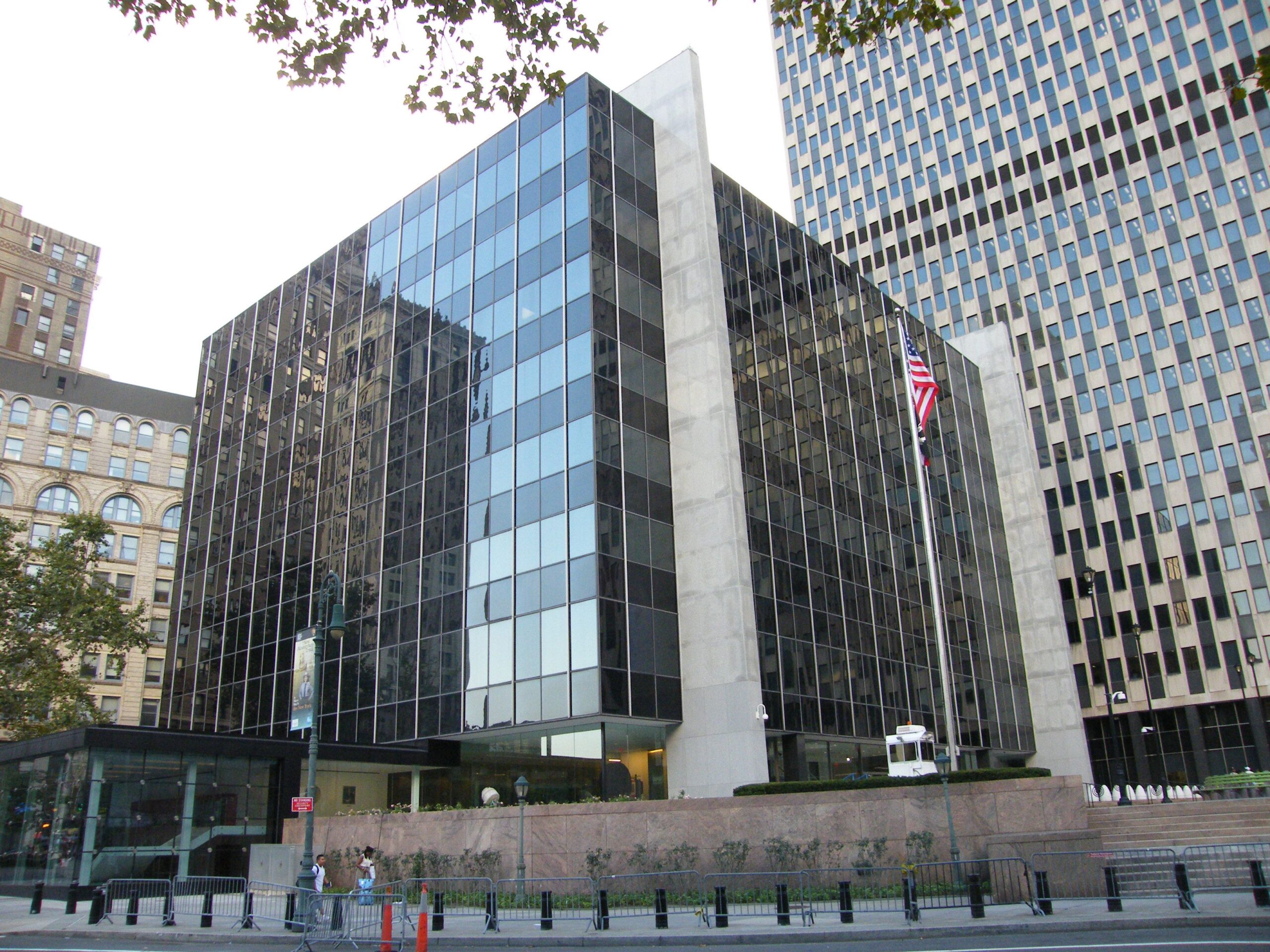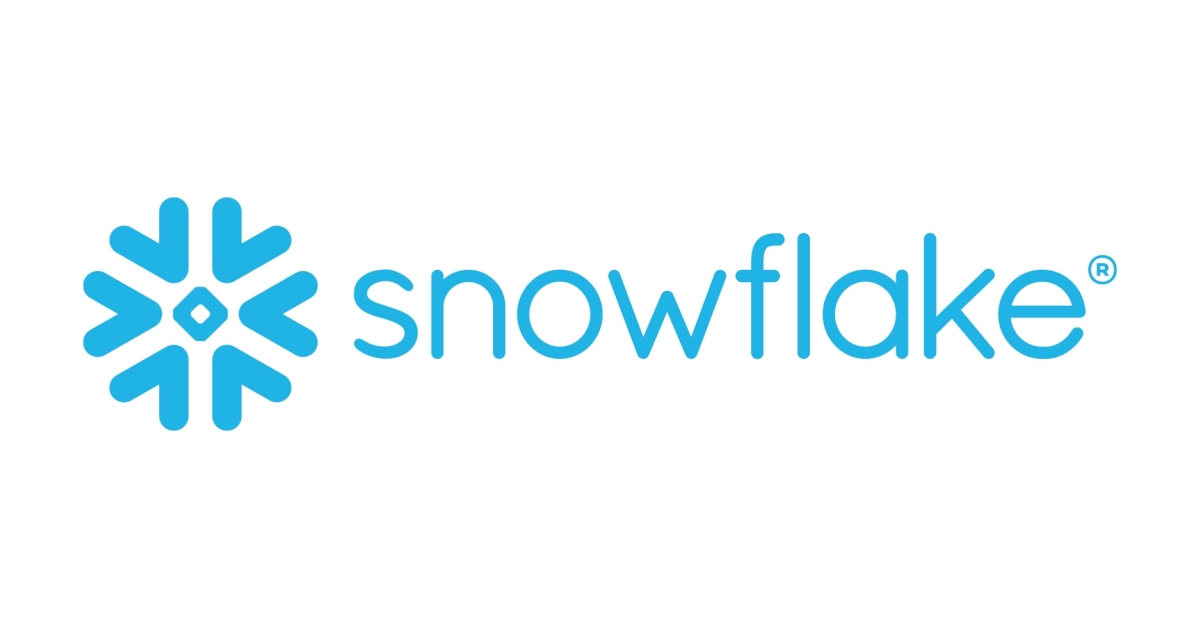Researchers at Jamf Threat Labs have uncovered a series of applications developed by North Korean hackers that managed to bypass Apple’s stringent security protocols, including its notarization process. This development represents a significant escalation in the cyber warfare tactics employed by the Democratic People’s Republic of Korea (DPRK), marking the first time such sophisticated malware targeting macOS has been observed.
The malicious software was embedded in applications written using Google’s Flutter developer kit, which allows for the creation of cross-platform applications. These applications, once operational, can potentially affect macOS systems, although they are ineffective against the latest updates of the operating system. The apps were primarily coded in Go and Python languages, showcasing the hackers’ versatile coding capabilities.
Flutter’s utility in creating legitimate multi-platform applications makes it an ideal cover for embedding malicious code. Researchers discovered that these apps passed initial security checks, including Apple’s notarization process, which typically verifies apps for malicious content before they are allowed on the Apple App Store.
Weaponization and Intent
The discovered apps were disguised with titles related to cryptocurrencies, such as “New Updates in Crypto Exchange” and “New Era for Stablecoins and DeFi,” indicating a clear intent to target the financial sector, particularly cryptocurrency operations. One of the apps amusingly launched a modified version of the minesweeper game when executed, potentially as a distraction or a test mechanism.
This discovery adds to a growing list of sophisticated cyber-attacks attributed to North Korean hackers, who have previously exploited vulnerabilities in popular software like Google Chrome to steal cryptocurrency wallet credentials. The group’s capability to bypass Apple’s security measures signifies a notable advancement in their operational tactics.
Moreover, these activities align with previous allegations against North Korea involving the development of the Cosmos network’s Liquid Staking Module and various other cyber exploits. According to a United Nations report, North Korean cyber operations are highly organized and lucrative, with estimations suggesting that they have amassed about $3 billion over the past six years through such activities.
Impact on macOS Users
While the immediate threat to macOS users is mitigated by keeping their systems up to date, the potential for future attacks using more refined versions of these applications remains a significant concern. The method of delivery and the temporary success of these applications in bypassing Apple’s notarization process demonstrate an evolving threat landscape.
This situation underscores the ongoing arms race in cybersecurity, where security measures and the tactics to undermine them are in constant flux. For users, the incident is a reminder of the importance of vigilance and regular updates, while for cybersecurity professionals, it represents another case study in the ever-expanding capabilities of state-sponsored hackers.
Cybersecurity experts suggest that both individuals and organizations ensure their operating systems and applications are regularly updated to defend against such threats. Additionally, there is a call for more rigorous scrutiny of applications developed using frameworks like Flutter, which may be exploited for malicious purposes due to their versatility and popularity.
Reassessing Trust in Digital Gatekeepers
The incident involving North Korean malware circumventing Apple’s security measures offers a stark reminder of the complexities and challenges in digital security in an era where technological trust is both a necessity and a vulnerability. As users, we place immense trust in technology companies to safeguard our digital interactions, but this incident exposes the cracks in even the most robust defenses.
The fact that such sophisticated threats are emerging from a nation-state with significant resources and intent to leverage digital platforms for financial gain is particularly alarming. It challenges the tech community to enhance their defensive strategies and for users to be more discerning about the applications they trust and the permissions they grant.
This breach of trust necessitates a reevaluation of how security parameters are set and adhered to, especially when dealing with platforms as widely used as macOS. It also calls for a broader public discourse about the responsibilities of tech companies in ensuring the digital safety of their users, transcending beyond the immediate technical responses to encompass a more integrated approach to cybersecurity.











